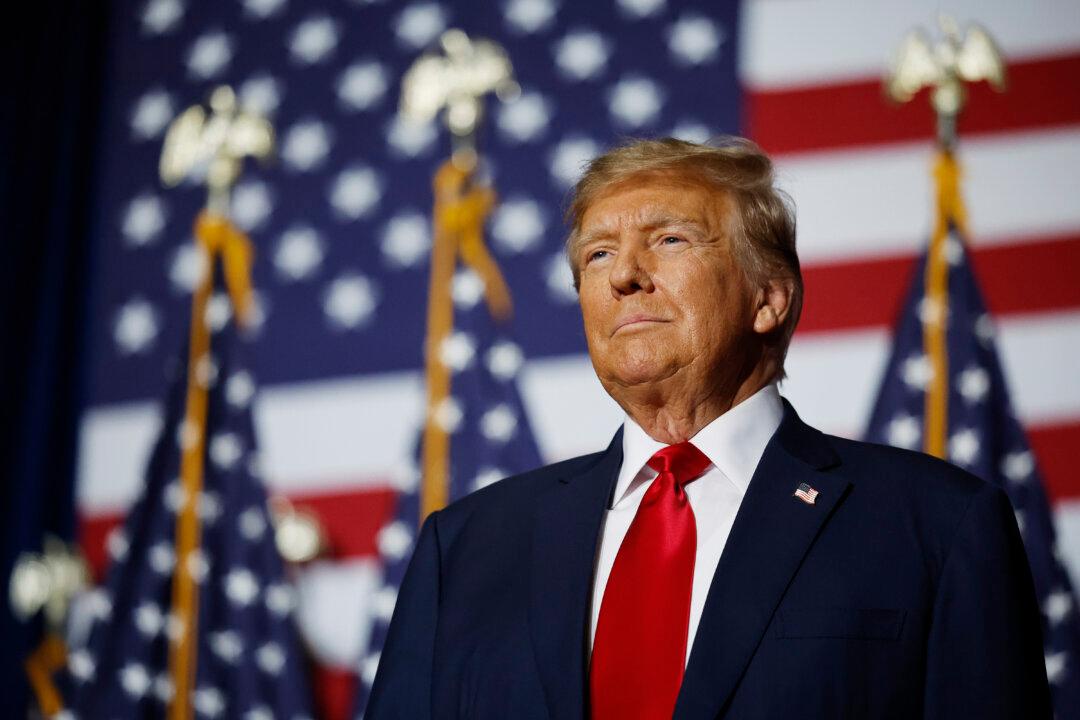U.S. District Court Judge Tanya Chutkan reinforced the stay on the case special counsel Jack Smith is prosecuting against former President Donald Trump in Washington after defense attorneys filed a motion for an order to show why prosecutors should not be held in contempt for their actions during the stay.
“Until the mandate is returned in this case, the parties shall not file any substantive pretrial motions without first seeking leave of court, and any such request for leave shall state whether the proposed motion concerns matters involved in the appeal or is instead ancillary to it,” Judge Chutkan ordered. “In all other respects, Defendant’s Motion is Denied.”





